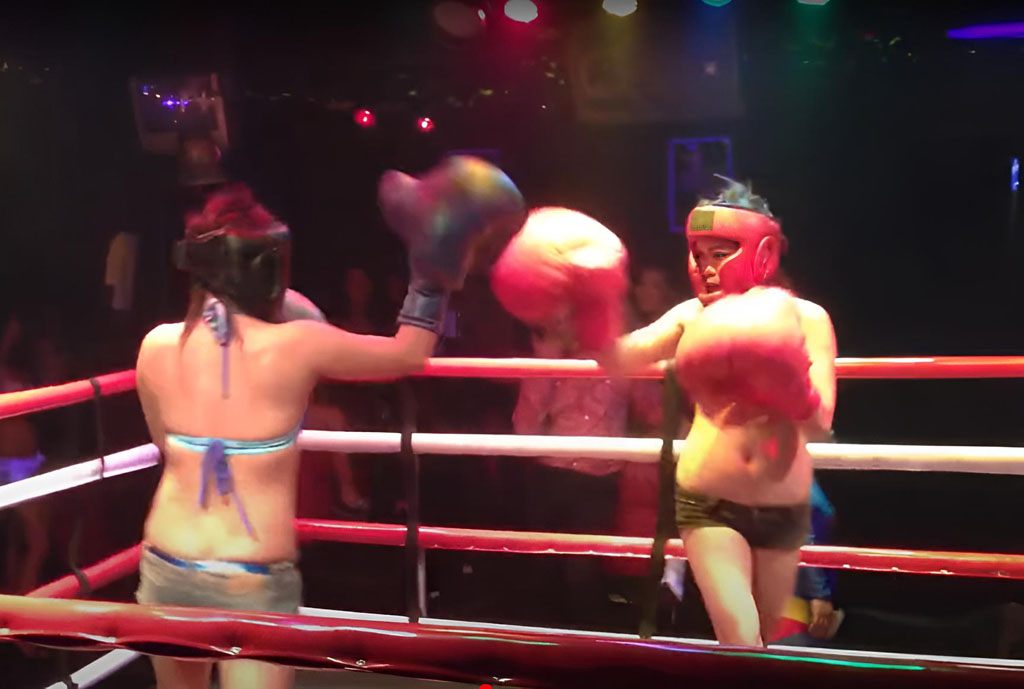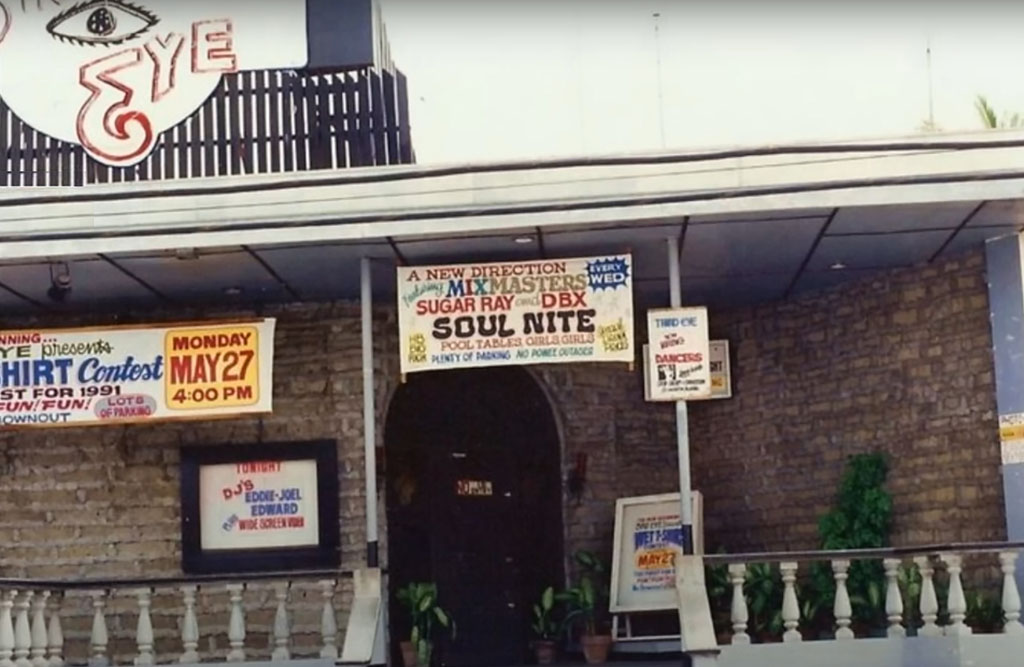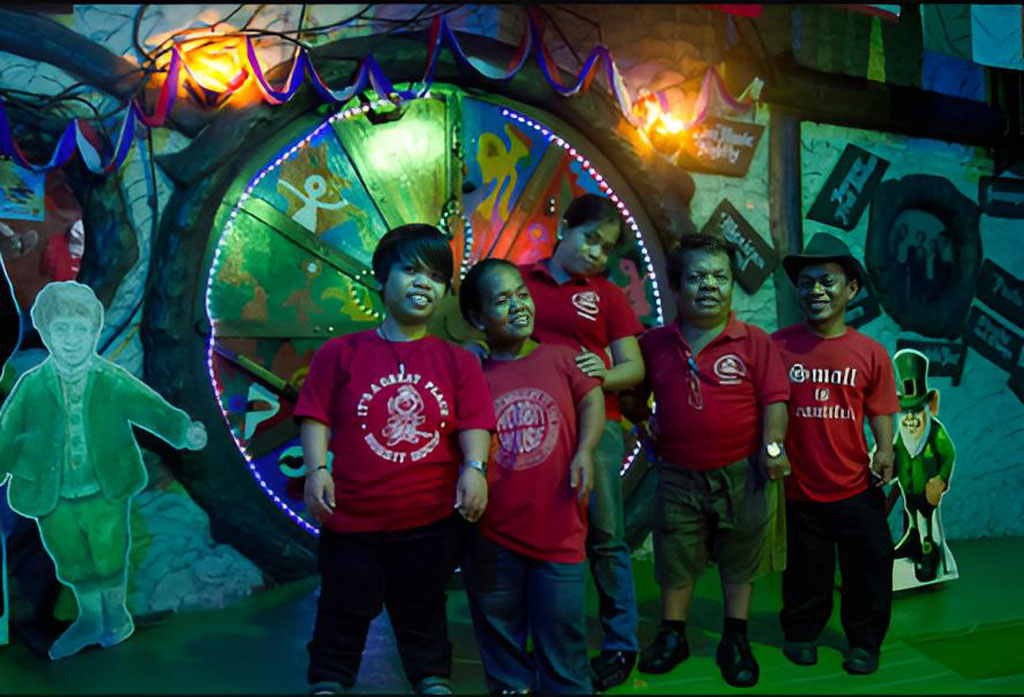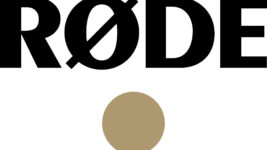THE GAFFA TAPES
28 Mar 2025
THE GOOD, THE BAD, AND THE UGLY PROMOTIONS

Subscribe to CX E-News
Snippets from the archives of a bygone era
Entertainment promotions have largely been a thorn in the flesh for me, especially when they competed with bands that I ran in nightclubs and other venues. These promotions were ubiquitous during my four-year stint in the Philippines in the 1980s.
During my first engagement in 1983 at American-owned nightclub Rosie O’Grady’s, Rick, an English partner, was pushing the club towards boxing promotions while I was out scouting for bands and outfitting the venue with sound and lighting.
Rick’s inaugural boxing event at Rosie O’Grady’s began with a one-sided preliminary fight where an outclassed welterweight took such a pounding in the first round that when he retreated to his corner, his trainer remarked, “I think you better go out and clout him.” However, he took such a clouting himself in the second round that his trainer had to throw in the towel.
Rick hoped the clanging bell, signalling the start of the main event, would also ring in his resurrection as a promoter, but after a short flurry of punches in the opening round, the main contender slumped to his knees and fell flat onto his face, where he remained for the count. With no bouts left on the programme, disgruntled patrons filed out of the venue.
I would sometimes kid Rick that his poster advertising a knockout event did live up to its prediction. The major partner of the venue, who failed to see the humour, banned all future boxing promotions.
Rosie O’Grady’s presentation of live bands wasn’t rivalled by any other club; however, the neighbouring Third Eye nightclub, which did have a mediocre band, relied heavily on promotions. Promotions at the Third Eye were handled by VJ, a Filipino/American, who contracted them from a third party. VJ also liaised with the local JBL distributor to outfit the Third Eye with its sound reinforcement system. However, VJ was more of a go-between than a technical or entrepreneurial manager.

All of the Third Eye’s promotions were lifted from established American promotions such as Foxy Boxing, which featured girls in skimpy costumes who boxed with benign inflated gloves. Oil wrestling was another promotion that featured girls in skimpy attire who wrestled in the country’s premier cooking oil, Baguio Oil. The reason oil was used was to get around Imelda Marcos’ ban on mud wrestling, which she found distasteful. But undisputedly the largest promotion was the wet t-shirt competition. The Third Eye could pack 800 patrons into the venue for the wet t-shirt competition. The major partner even patented the promotion, which prevented other venues in the town from using the name. Of course, some clubs still featured the promotion under different names, such as wet singlet or even wet ‘n’ wild, but these were nowhere near as successful. Rosie O’Grady’s always experienced a marked drop in patronage when the Third Eye ran its wet t-shirt competition.
VJ visited Rosie O’Grady’s in the days when I was just setting up the nightclub. Although he feared the rivalry, he considered me as a transitory tourist, remarking on our first meeting, “At least my guy isn’t going anywhere.” This was a reference to the Filipino JBL dealer, Lin Gomez, whom I worked extensively with in the years that followed; and in a kind of irony, some three years later, I was in the employ of the Third Eye.
VJ and I were courteous to each other, but he was quietly disconcerted that the owner had installed me as the entertainment manager of the Third Eye, and he knew I had little respect for his promotions. One of those was a failed Rock and Soul Night, where he encouraged black and white GIs to bring tapes of their favourite music into the venue in some sort of competition. It was a gigantic flop for the obvious reason that it created division when the US military wanted cohesion amongst its personnel. I got permission to change the promotion to Soul Night, which ran for some seven years, including five years after my departure from the club. The article on Soul Night can be downloaded from the CX Archives, November 2022, Issue CX186.
Dwarf throwing was probably the most distasteful of all entertainment promotions; originally considered an Australian promotion, where dwarfs wearing helmets and protective clothing were thrown onto mattresses or at Velcro-coated walls. The promotion caused a huge outcry in Australia and was subsequently banned in 1989.

I was on vacation in the Philippines at the height of the controversy, staying at a hotel formerly known as Randy Rams and recently renamed The Hawaiian Inn Hotel. I chose this hotel because of its large swimming pool, as I was into swimming laps in those days. The hotel owner knew that I was a former sound and lighting installer and entertainment manager in the town, and he engaged me to hire and operate a sound reinforcement system for a promotion. The hotel had off-base billing contracts with the neighbouring US Clark Air Force base to provide temporary accommodation for GIs, who were also the main patrons at any promotion. However, because the promotion was dwarf throwing, personnel from a visiting Australian squadron were subsequently banned from the event.
My involvement was originally restricted to organising the sound reinforcement system, but at the last minute the MC for the promotion dropped out, and I was asked to host the event. I knew a lot about the Philippines’ little people because in the early 80s I had been a regular at the Hobbit House in Manila, where they served good food and presented good entertainment. The Hobbit House was founded by a former American Peace Corps volunteer, Jim Turner, who established the venue in 1973 as a theme bar and restaurant, which was a tribute to his favourite author, J.R.R. Tolkien.
Turner employed the dwarfs as waiters, bartenders, cashiers, cooks, and entertainers, and eventually, they became managers and owners. He was said to have rescued dwarfs from carnivals that demeaned them.

Prior to the commencement of the promotion, I asked one of the little people if they were okay with the event. “Yeah, they’re only throwing us into the swimming pool, and we’re getting paid very well.” What could possibly go wrong? Perhaps the dwarfs mistakenly thought they were going to be picked up childlike and lofted into the swimming pool, bombing in feet first. Instead, burly US servicemen clutching an arm and a leg hurled them in a kind of discus throw, sending them spinning into the pool and landing in awkward positions. Alarm bells started to ring!
After a short time, one of the dwarfs walked by the mixing console and gave me a discrete shake of the head, so I prematurely announced a winner and terminated the competition.
Fortunately, I had also hired a DJ who quickly swung into action. However, the turmoil didn’t end there as patrons began throwing their Filipina companions into the pool. One GI, not knowing that his girlfriend couldn’t swim, hurled her into the deep end of the pool and headed off to the bar, unaware that she had sunk to the bottom. A couple of GIs plunged into the pool to retrieve her. I then had to make an announcement to stop the folly, informing the patrons not to throw the girls into the pool as the majority of Filipina girls don’t know how to swim.
The only beacon of hope for me in my disdain for entertainment promotions was Oktoberfest. I had never been technically involved or at loggerheads with the event, and I could never resist its allure. Oktoberfest is huge in the Philippines, where the German community, comprised of expats and immigrants, makes up the largest Central European community in the country.

There’s something special about sitting at a Bavarian beer table in front of a huge plate of Schweinshaxe, a juicy pork knuckle encased in crispy crackling, with sauerkraut and boiled potatoes on the side, while drinking steins of draft beer. And it was at such an event at the Australian-owned Clarkton Hotel in those heady days that I was invited onto a team comprised of American, German, and Canadian expat mates for the beer-drinking contest, which we won.
Subscribe
Published monthly since 1991, our famous AV industry magazine is free for download or pay for print. Subscribers also receive CX News, our free weekly email with the latest industry news and jobs.






